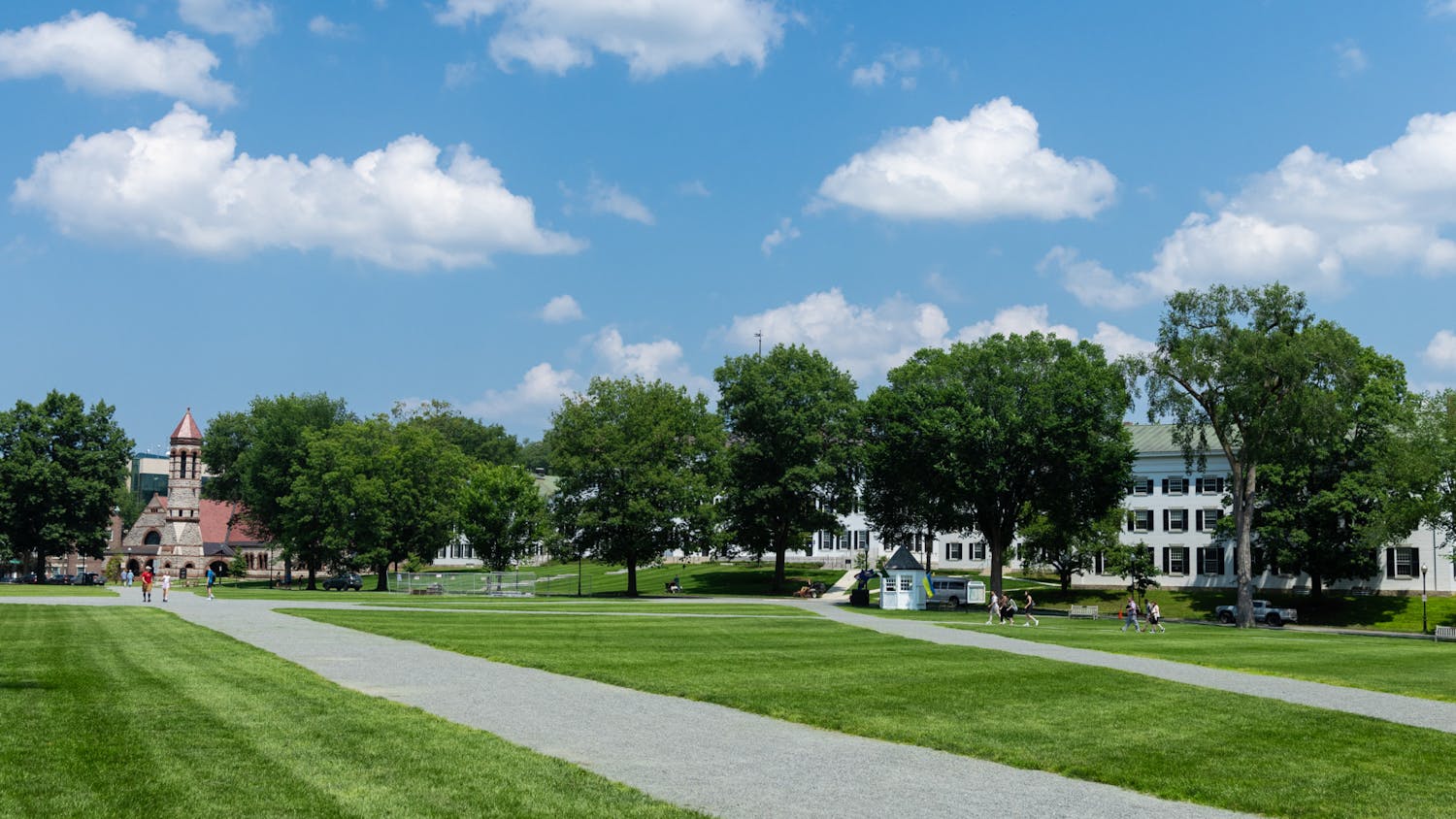Kristof argued that the genocide's perpetrators are driven by practicalities, not ideology.
"This is not a case of Sudan being like Taliban style extremists - they are a very pragmatic people," Kristof said. "They faced a problem in Darfur, this rebellion, they weighed the costs and benefits of how to deal with it, and they decided that the most cost-effective counterinsurgency approach was to just slaughter an awful lot of people."
The Darfur genocide, Kristof said, stems from an effort by the Sudanese government in Khartoum to support Arab tribal factions against their African counterparts. When the African tribes revolted and the Sudanese army was unable to assert its control, the government resorted to hiring Janjaweed militias to displace and destroy the African tribes. These militias, with government support, are responsible for the genocide, Kristof explained.
"There is a real difference between U.S. government policies that by incompetence led to the death of an awful lot of Iraqis and Americans and Sudanese government policies that by design has people picked on the basis of their tribe and skin color to have their children heaved into bonfires," Kristof said in an interview with The Dartmouth. "I think that is such an affront to the rest of humanity, that we really have to respond by trying to assert our humanity and that of the victims."
Kristof, known for his coverage of humanitarian issues ranging from forced prostitution to environmentalism, began writing on the Darfur situation in 2004.
"When I use the word genocide I can sense the readers feeling kind of guilty in a way that is not true if you just describe bad things happening. I think that is why the Darfur student movement is so active," Kristof said in the interview. "I think that one reason why people don't want to talk about Darfur is the fear that if you empathize too much with Darfur that will mean sending troops."
Kristof underscored the close relationship between the irregular Janjaweed and the official Sudanese government by detailing his own experience being stopped at dozens of checkpoints along major roads in Sudan while the police let trucks of Janjaweed through. In another example, Kristof recounted the existence of known communications by satellite telephone between officials in Sudanese intelligence and the Janjaweed.
"The [Sudanese] government will claim that there is killing going on but that it is just tribal conflict. That is complete hogwash," he said.
While mass murder is a prominent aspect of the Darfur situation, Kristof clarified that much of the fear in the region is the result of institutionalized rape by the Janjaweed.
"[Rape] broke up the traditional tribal hierarchy, as tribal leaders were seen as useless if they could not protect women against it," Kristof said. "Many times women who tried to report rape were arrested for adultery."
In illustrating the extent of the suffering caused by such policies, he highlighted the personal plight of the Darfuri refugees he has met during his travels in Sudan, Chad and the Central African Republic.
According to Kristof, several of the women he met had been gang-raped, one man had his eyes bayoneted and another was set afire by the Janjaweed.
"Evil is one of those words that is a little out of fashion, but it is evil that is going on there," Kristof said.
Nonetheless, the international response to the genocide in Darfur is not adequate, Kristof said. While the African Union does have a contingent of peacekeepers in Sudan, Kristof believes much more must be done by developed nations.
"I think there is a mistaken perception that short of sending in troops there is nothing much we can do," Kristof said. "The chaos is getting worse and aid groups are being forced to get out."
Kristof argues, therefore, that the situation can be addressed through the imposition of a no-fly zone, as the Sudanese air force has been responsible for some attacks on the African tribes. This can be complemented by raising the prominence of the issue on the international agenda and through the eventual creation of a peace agreement. To this end, Kristof applauded recent suggestions within the Bush administration that the United States might impose economic sanctions against Sudan.
In order to bring about higher levels of intervention, however, Kristof called on audience members to make a difference themselves, to call the White House, their congressional representatives or to join activist organizations.
Several audience members, as Kristof's speech ended, could be seen writing personal notes to do just that: "Call my congressman." One of them was Sorochi Esochaghi '07.
"Four years later, not much has been done, and we can do a lot. We can put pressure on people who have power to do something. It wouldn't be so hard for me to call somebody," Esochaghi said.
The Rockefeller Center and the Dickey Center for International Understanding co-sponsored the event.




